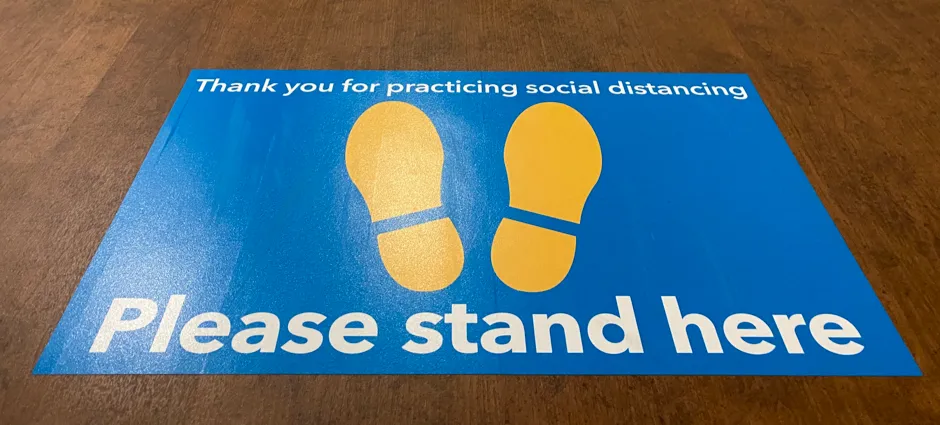Nearly 40,000 people from around the world have taken part in a study to reveal global responses to touch. Results show that attitudes are nuanced, though age and personality had a strong influence on a person’s inclination, or aversion, to physical contact.
In the midst of the coronavirus pandemic, being touched by a stranger is a frightening thought. Those who are self-isolating have limited or even no physical interactions, while doctors and nurses on the frontline feel the pulses of their patients only through layers of PPE.
But for a surprising amount of people, being deprived of touch is not a new feeling. Over half of respondents to The Touch Test, which ran from 21 January to 30 March 2020, said they got ‘too little touch’ in their day-to-day life. Of all participants, only 3 per said they had too much interpersonal touch.
Read more about the effects of touch:
- Skin-to-skin contact with a parent may reduce newborn babies’ brain response to pain
- Handshakes lasting over 3 seconds can trigger anxiety and 'affect relationships'
However, nearly a third of people did not feel positively about touch. Further analysis by academics in the Department of Psychology at Goldsmiths, University of London, revealed that those who said they didn’t like touch were also likely to say they found it difficult to form trusting relationships.
“These results show that our likes and dislikes around touch are nuanced and vary from person to person,” said psychologist Claudia Hammond, who presented the results of the Touch Test on BBC Radio 4 in October.
“Half of the people who took part in the study feel, even before the pandemic today’s society does not provide enough opportunities for interpersonal touch. But it’s clear that not everybody wants more touch. Personal preference is foremost when it comes to touch.”

While we are now practicing social distancing and are actively encouraged not to touch anyone outside our household, the Touch Test showed that 63 per cent of people disliked being touched by a stranger, pre-pandemic. Younger people were found to dislike this much more than older people.
When it came to romantic relationships, 88 per cent of respondents said they liked engaging in public displays of affection. At home, just under two thirds of people said getting a hug from their partner before bedtime had a positive effect on their sleep.
The results of the study, which is the largest of its kind, showed that touch is a “critical topic” in today’s society, said Hammond. “Now, with social distancing and the pandemic, touch has taken on a new resonance.”
Reader Q&A: Is being single bad for your health?
Asked by:Paul Evans, Barking
It is sometimes argued that being in a relationship can offer health benefits. The research cited in support of this argument says that those who are married are on average healthier than those who are not.
However, the situation is likely to be much more complex than this. For example, it is not clear whether being in a relationship offers health benefits or whether there are other explanations for this association.
Furthermore, whereas being in a relationship may be linked to certain health advantages, it could bring health risks too. Research suggests, for example, that people who are married are more likely to be overweight than those who are not.
Finally, one size does not fit all. Whereas being in a happy relationship may bring certain advantages, being in a dysfunctional one is unlikely to do so.
Read more:
